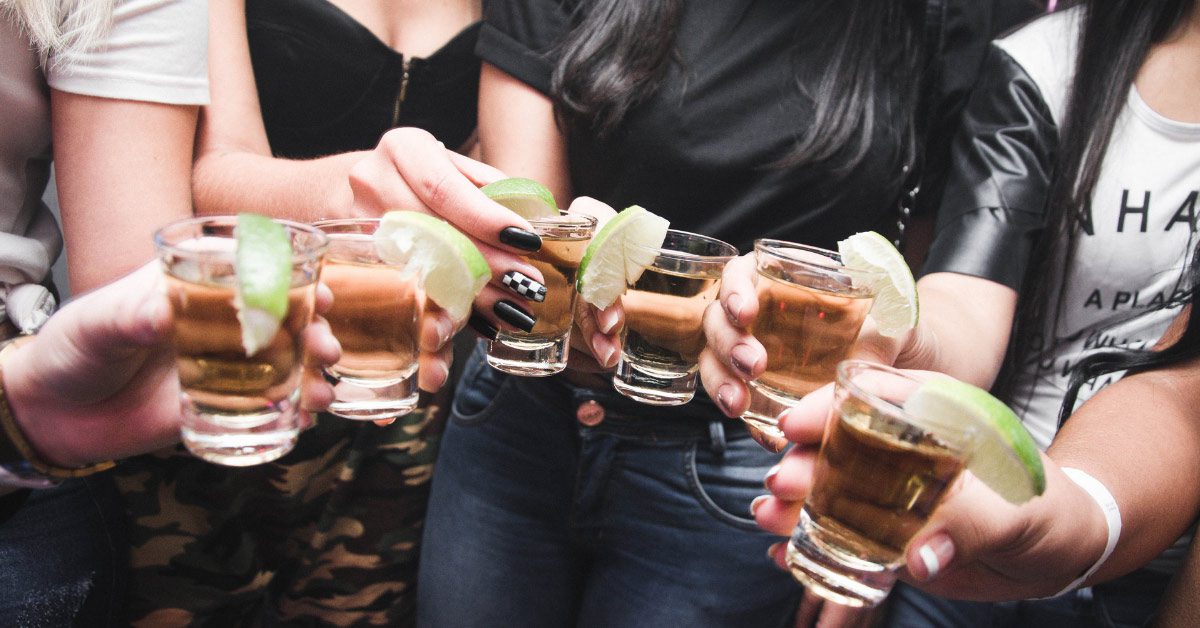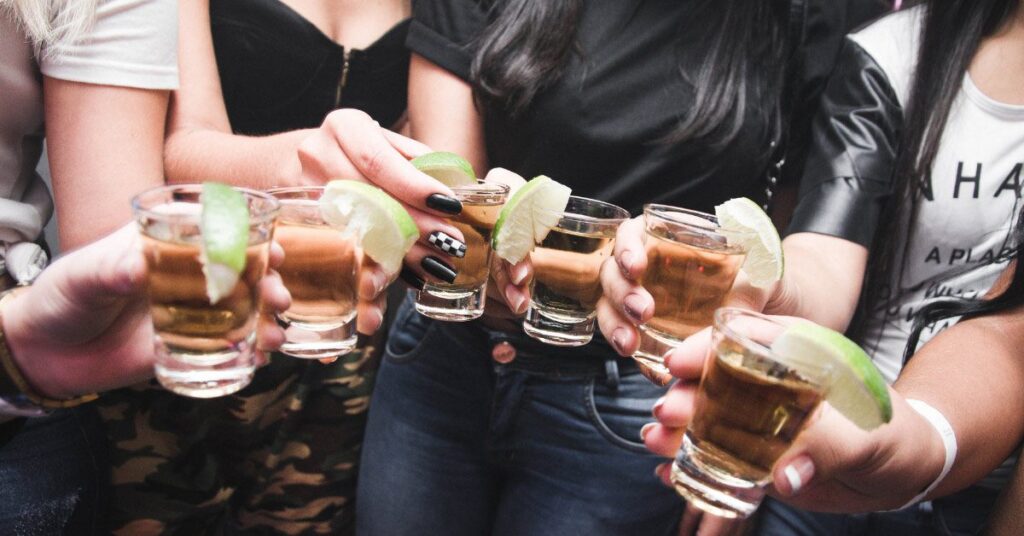Is Social Drinking a Path to Chronic Alcoholism?
When does a casual drinker become a full-blown chronic alcoholic? How do you know if you are abusing alcohol?
Alcohol addiction is usually “alcoholism,” People who struggle with this condition are commonly called “alcoholics.” Those who suffer from alcohol use disorder do not simply drink too much or drink routinely; they have a compulsion to consume alcohol, and they cannot control how much they drink. Their brain chemistry changes and alcohol is needed to produce neurotransmitters like dopamine and reduce stress-related negative psychological experiences. According to the National Institutes on Alcohol Abuse and Alcoholism (NIH):
There are about 17 million adults, ages 18 and older, in the United States with alcohol use disorder, and one in 10 children live in a home with a parent who has alcohol use disorder.

Drinking is Normal Until the Day It’s Not
Drinking is considered pretty normal in the U.S. From college parties to weddings, it is popular and a part of many social activities. But just like everything else, you should only enjoy it in moderation. Drinking too much can lead to health problems, dependency, and alcohol addiction. Even those casual drinkers can turn into alcoholics. When you think of an alcoholic you usually think of the stereotype: Homeless, stolen money to buy alcohol or gotten a DUI. You may have a family and a job so there is no way you could be an alcoholic but this is far from true. Alcoholism takes many forms, and the stereotype doesn’t always hold. When does a casual drinker become a full-blown chronic alcoholic? How do you know if you are abusing alcohol?
Social Drinking Vs. Alcohol Abuse
Social drinking is a few drinks with friends or a glass of wine with dinner so this is usually not an issue. The problem starts, though, when you begin abusing the substance that can lead to Alcohol abuse refers to a pattern of behavior where a person drinks excessively despite the negative consequences. There are two types of excessive drinking:
- Heavy Drinking: For men under age 65, heavy drinking means having two drinks a day, or more than 14 drinks in a week. For women and men over age 65, heavy drinking is more than one drink a day, or more than seven drinks per week.
- Binge Drinking: Binge drinking refers to consuming a large amount of alcohol. For men, it’s defined as five or more drinks within 2 hours. For women, it’s four or more drinks in that same time frame.
Signs You Are Beyond Social Drinking
If you’ve started drinking more and more and are worried you may have a problem, there are some warning signs that can indicate you’re an alcoholic:
- Drinking alone and in secrecy.
- Losing interest in other activities you once found enjoyable.
- Alcohol cravings.
- Making drinking a priority over responsibilities.
- Alcohol withdrawal symptoms.
- Extreme mood swings and irritability.
- Feelings of guilt associated with drinking.
- Having a drink first thing in the morning.
- Continuing to drink despite health, financial, and family problems.
- An inability to stop or control the amount of alcohol consumed.
Whether you’re the loved one of someone struggling with alcohol addiction, or you yourself are struggling, it’s important to be aware of these signs and to know that you’re not alone. Thousands of people from all walks of life battle alcoholism every day, and thousands make the decision to seek help.
Start Healing from Alcohol Use Disorder
At Evoke Waltham we can get you on the right track towards sobriety. Evoke Waltham Center provides men, women, and families with comprehensive, integrated care, geared towards setting a solid and lasting foundation for lifelong recovery from substance use disorders. Our facilities are staffed by experienced and compassionate professionals, including licensed therapists and psychiatrists, addiction specialists, and highly qualified support staff. Our team members are extremely understanding and treat each individual client with an unmatched level of respect.


